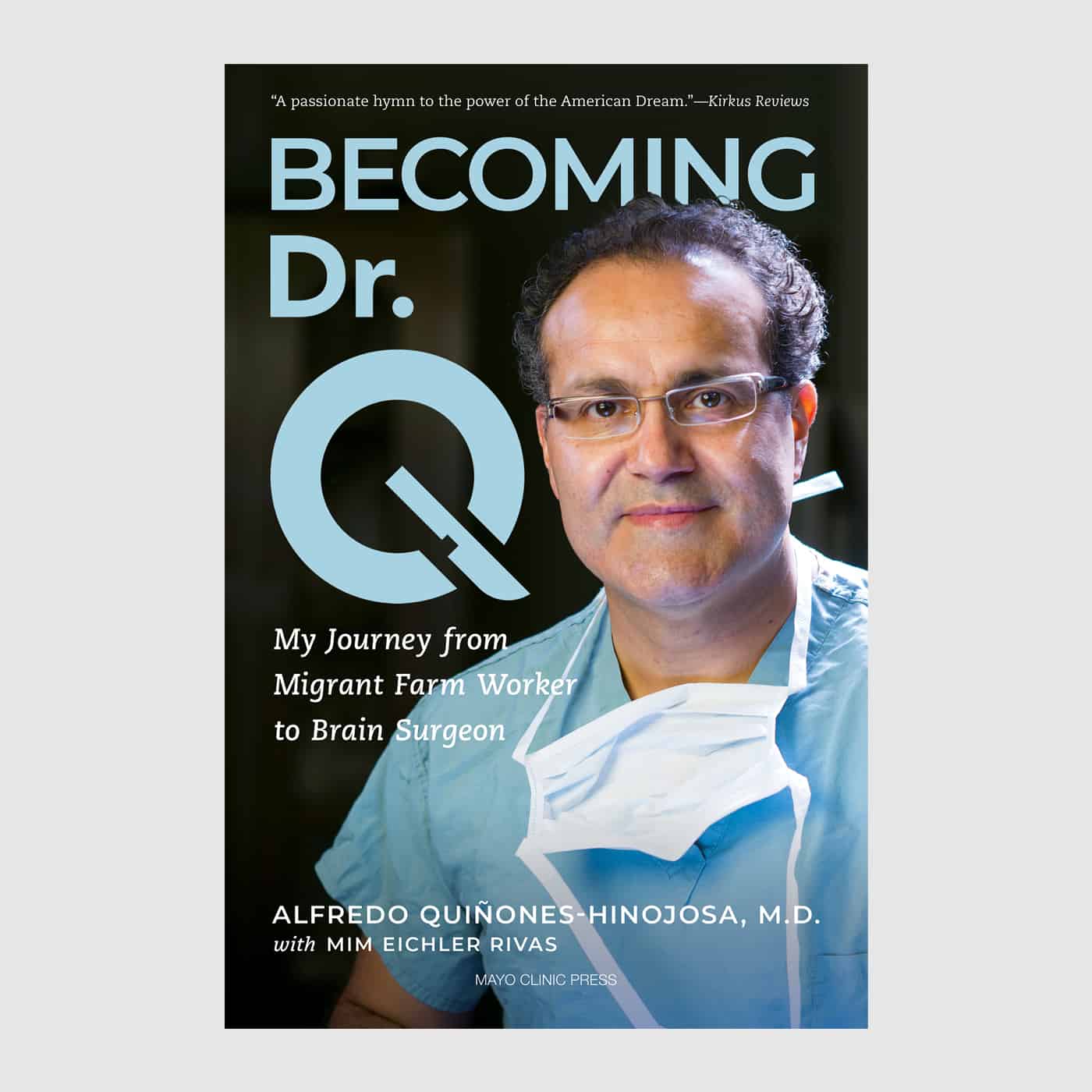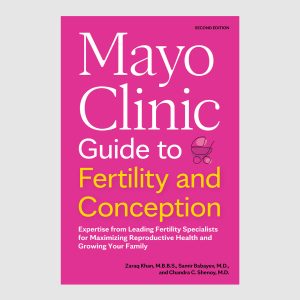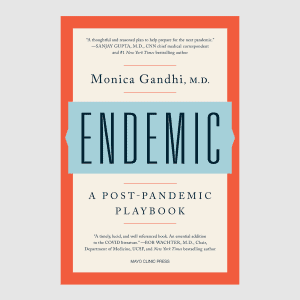
Years ago, I went to what I thought would be a typical yoga class — stretching and meditative silence in a darkened room. To my great surprise, I actually showed up for a laughter yoga course. The class involved deep breathing, making loud “ha” noises with a hand on the belly or chest, and walking around to other class members, laughing while making eye contact.
As an introvert, this type of class was pretty much my worst nightmare. Still, I went through the motions of each exercise and as I slowly loosened up, I realized I actually felt pretty good. The stress of the day had receded. I felt present. My body finally relaxed. Though the laughter was forced at first, I eventually found myself giggling right along with everyone else.
Looking back, my yoga instructor was clearly tapping into the therapeutic potential of laughter — which can have a range of potential benefits for your mental, social and physical health.
According to Mayo Clinic expert and oncologist Edward T. Creagan, M.D., staying healthy isn’t just about diet and exercise. It’s about finding moments of humor, joy and human connectedness — even if they’re not always quite what you expect.
Finding joy is especially important today, as many people are navigating heightened burnout, health concerns and social isolation in the wake of the pandemic. Below, Dr. Creagan explains how laughter can impact — and improve — your well-being.
The social and mental health benefits of laughter
Though most people know the cliche “laughter is the best medicine,” there’s actually scientific evidence to back up the benefits. Humor can actually be a powerful — if often overlooked — strategy to support mental health.
Laughing can alleviate stress by decreasing stress hormones like epinephrine and cortisol, says Dr. Creagan. These hormones play a role in mental health conditions like depression and anxiety, as well as insomnia.
“When we laugh, when we’re funny, when we’re engaged with funny people who make us feel better, there is a decrease in cortisol and there’s an increase in the endorphins,” says Dr. Creagan.
During times of connectedness and joy — like when you laugh with a friend or watch a funny video online — Dr. Creagan says the body is flooded with feel-good hormones like dopamine, oxytocin and endorphins.
In fact, some studies suggest that laughter can help to not just alleviate but actually reverse the body’s stress response.
“These are the love and chocolate hormones,” says Dr. Creagan, referring to the fact that these hormones can show up when you fall in love or eat chocolate. “Nothing is as effective (at relieving stress) as running a marathon, holding your cat or your dog, or having an explosion of laughter,” says Dr. Creagan.
In addition, recent studies have shown that laughter and introducing humor into mental health settings like therapy may reduce the symptoms of depression and anxiety, boost both self-esteem and sense of humor, improve social skills and communication, and even help reduce the intensity of mental health conditions. Meanwhile, there is evidence to suggest that laughter can enhance memory, creative thinking, friendliness, vigor and even hopefulness.
But Dr. Creagan says humor isn’t just about feeling good — it can help us cope with the hard parts of life as well.
“If a patient can have a moment of levity in the face of crisis, I think it helps them better cope and better deal with the uncertainties of their problems,” he says.
This has certainly been the case for Roberta Gold, president of the Association for Applied and Therapeutic Humor, an advocacy and research organization. Like many people in her family, Gold has a genetic disease that can impact her day-to-day life.
“I use humor a lot with the medical issues we’ve had in our family,” says Gold. “It makes us more resilient and able to deal with it.”
Perhaps unsurprisingly, research suggests that people who are more resilient to life challenges tend to be happier and healthier.
Laughter, longevity and physical health
Laughter also may help support your physical health.
“A hearty laugh may decrease blood pressure, help regulate heart rhythm and just provide an element of joy, that elusive factor in well-being,” says Dr. Creagan.
Additionally, laughter may have a positive impact on nearly your entire body — it may benefit your immune system and respiratory function, aid muscle relaxation, assist with pain relief, and stimulate circulation.
Laughter also may have a role in the process of healthy aging. In a group of over 14,000 older adults, researchers found that people who laughed less were more likely to develop a functional disability. Meanwhile, another small study reported that laughter therapy reduced insomnia and improved overall well-being in the elderly.
Outlook and social connectedness also play a role in aging. Evidence suggests that optimists — or those who look to the sunny side of life — live longer than those who tend to focus on the bad. In one study, highly optimistic people had a 29% lower risk of early death and were significantly less likely to die of a heart attack or stroke. Though scientists aren’t sure exactly why optimism impacts longevity, it’s clear that outlook, social connectedness, community, and sense of purpose can all lend to a longer, healthier life. For many people, laughter plays a role in all of these factors.
Simply put, laughter is often an important component of not just how long someone lives, but how well they live.
How to incorporate more humor in your life
Perhaps the biggest benefit of laughter is that it’s so easy to enjoy — and incorporate into your life.
To get started, consider where you could bring levity into your routine. Gold, for example, keeps toys like a stuffed animal or stress ball in high-pressure environments like her office or car. Technology, too, can help. You may listen to your favorite comedian during your lunch break or watch a funny movie before bed — as long as you’re laughing, you can reap the health benefits. But Dr. Creagan says that human interactions are still the best opportunity for laughter, like a face-to-face conversation with an old friend or loved one.
However, it’s also important to remember that humor is social, regional and contextual, as well as connective. And if not used with care, even well-meaning jokes can harm others and your relationships.
“Healthy humor is inclusive,” says Gold. “It includes everybody and lightens up somebody’s day instead of putting them down.”
In other words, humor should never be at the expense of a single person, says Dr. Creagan, or at the expense of a culture or group of people, like a certain race, gender or sexual orientation. When in doubt, Dr. Creagan recommends leading with curiosity.
“Ask another person about themselves, but a guaranteed link is to ask that person to speak about the pets and their lives. No one can talk about their pet without smiling,” he says.

Relevant reading
Becoming Dr. Q
The inspiring story of a young Mexican immigrant who became a renowned neurosurgeon.




















